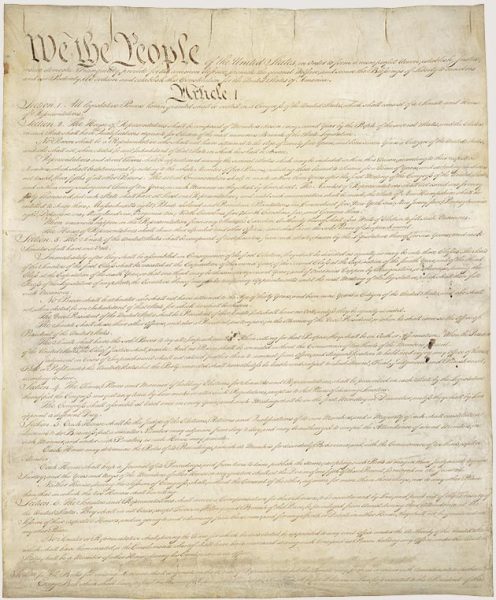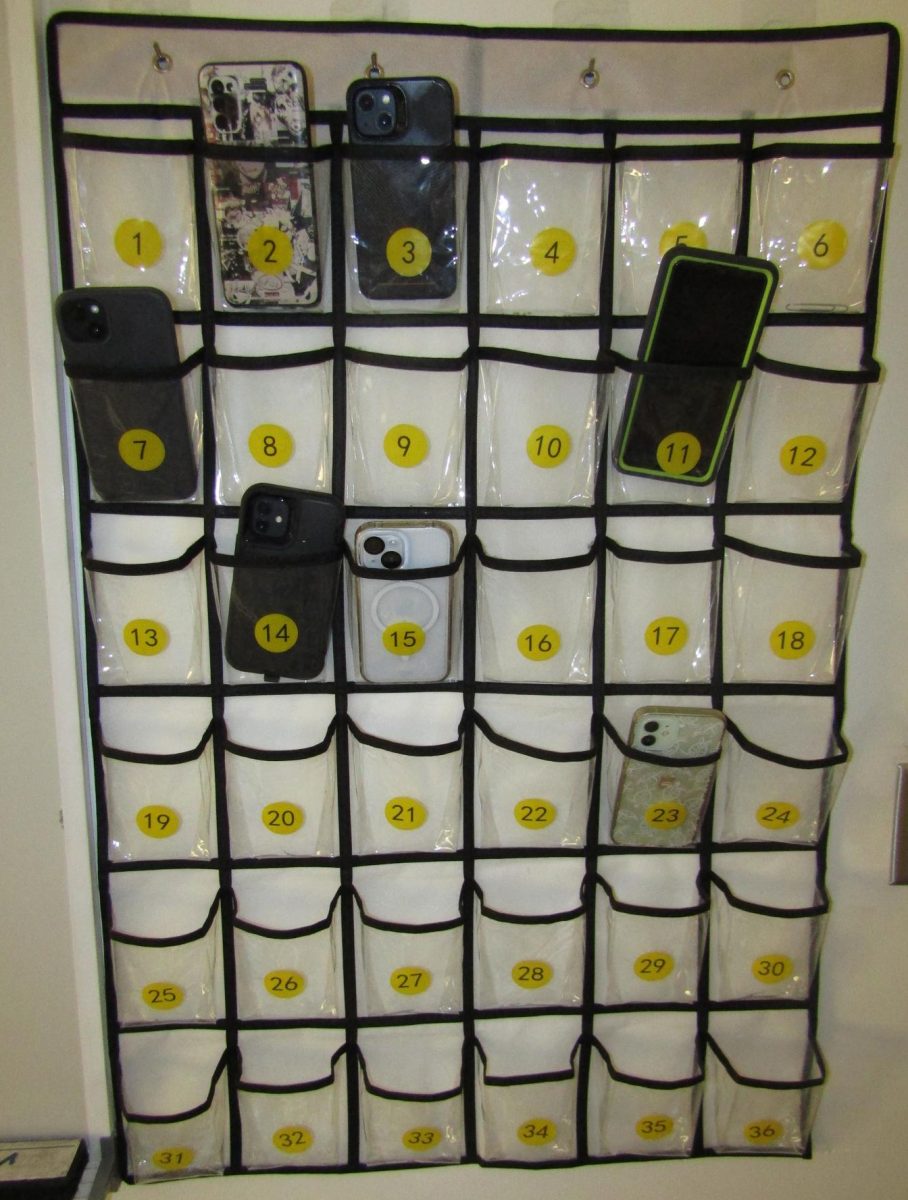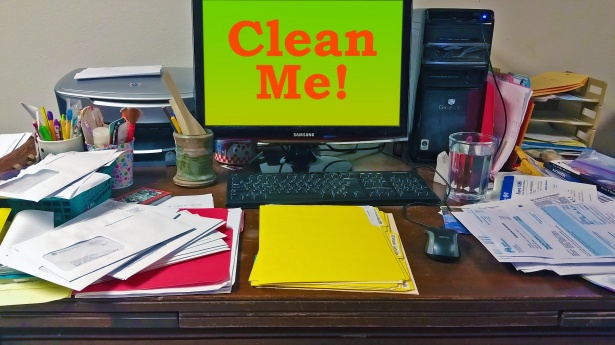After a thorough examination of the law and the Constitution, I have come to an interesting conclusion on the topic of whether our Digital Detox is legal or whether it is a blatant denial of student rights; including those prescribed in the Constitution and our local law. The following passages contain my interpretation of the law and are by no means the absolute truth or the work of a legal scholar.
I hear the whispers in the halls that speak of a program that many people see as unjust or just. Right or wrong. Illegal or legal.
The program is our school’s digital detox program which kept us from using our phones school for two weeks in February. The program asks students to give up their phones for the day or keep them from the teacher’s view. Some kids were very much against Digital Detox for various reasons, some of which include annoyance over being denied the use of their electronic devices or frustration because of the potential of FOMO {fear of missing out) because of the fact they are no longer able to constantly access their social media feed.

However, there is another thought that has spawned as a result of digital detox: whether or not a school is allowed to legally take someone’s phone and impose a system of no phones. Does this violate our guaranteed constitutional rights? More descriptively, the 4th amendment and the natural right to private property.
An informed decision is very difficult to form at the base level without being compelled by personal biases. It could be said that an opponent of digital detox could be swift to call the system into question by claiming it is unfair or even illegal. Thus, to truly answer this, we must dive deeper into the classifications afforded to schools under the law and remove any personal bias except the information displayed in the laws themselves.
Under our current laws, there exists a doctrine that I believe holds the authority to implement a program of Digital Detox at our schools. The doctrine which was established formally in the mid-1800s but has existed in concept for hundreds of years before, and is called In Loco Parentis (which translates to in place of parents).
This doctrine is a very significant one and, in my opinion, creates a legal basis for Digital Detox programs. The doctrine of In Loco Parentis gives schools the legal classification of being surrogates (placeholders of the parents). This doctrine puts the students’ protection and welfare in the hands of the school and thus the teachers, giving teachers some of the right that parents have over their children.
As a result of this, student rights are to a certain extent stretched for an efficient school environment, and that is why a teacher can tell you to stop yelling or punish you when you swear or dress code you and seize contraband. If the teacher was out of the school, these parameters would not apply.

Under this principle and only during school hours, schools can justify the consensual taking of phones and not allowing phones during Digital Detox, because the institution can state that it is in the best interest of the students to remove phones because they hinder the ability to create an efficient learning environment. Furthermore, this is stated as a goal in our school’s student rule book. The doctrine only has abilities when a student is not in the care of their actual parent, and this could explain why parents need to pick up the phone when it is taken from the student. This can explain why they cannot be taken for multiple nights, because once a student leaves the vicinity of an establishment the doctrine is revoked and care is restored to the child’s guardian.
Whether you are for or against the program, everyone could mutually agree the program is perfectly legal and justified by the In Loco Parentis doctrine. Whether this program is the right course of action is not the subject of this article and is up to a person’s opinions, but this is my interpretation on the legality of Digital Detox.











































